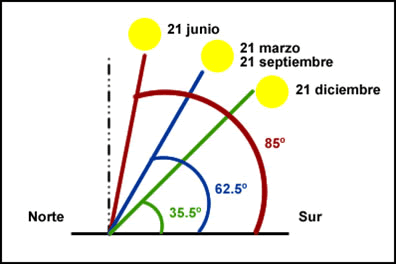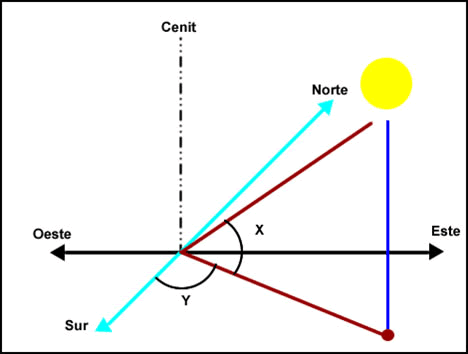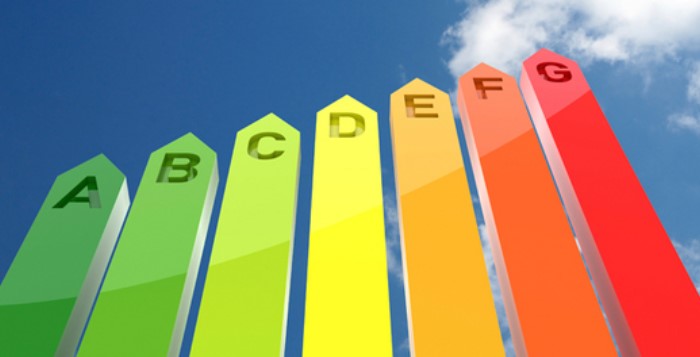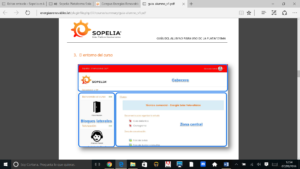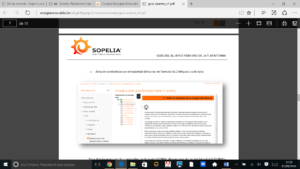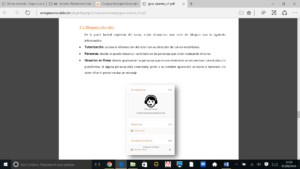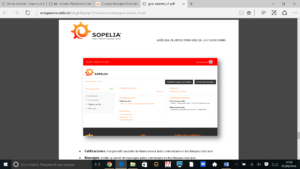In the central region of El Salvador solar irradiation is high (5.3 kWh / m2 / day) compared to other locations such as Germany or Tokyo (3.3 kWh / m2 / day).
The solar irradiation map in El Salvador was created under the SWERA project, which shows the solar irradiation potential in a one year daily average.

In last years the country began to work in the energy matrix diversification introducing renewable sources participation.
According National Energy Council figures at the end of 2015 the country had an installed capacity of 1,659.6 MW. Of these, about 46% is thermal generation (fossil fuel), 28.5% is hydroelectric, 12.3% is geothermal and 13.6% is generated from biomass.
In March 2015, from a partnership between a Taiwanese company and a local oil group emerged a Salvadoran company that set up a solar panel and LED light production plant.
The plant is located in San Juan Opico and becomes the first high-tech devices assemble plant in El Salvador.
In October 2015, Legislature approved Fiscal Incentives Law reforms to promote renewable energy use, reduce greenhouse gas emissions and improve national payments balance through fossil fuels imports reduction.
The reform affects 4 articles of the Law and is specified in:
– Inclusion of marine and biogas renewable sources, adding them to those already specified in article 1 (hydro, geothermal, wind, solar, biomass)
– Elimination of 20 MW limitation to be subject of tariff duties payment exemption for 10 years
– 5 years income tax exemption for more than 10 MW projects, maintaining 10 years term for equal or less than 10 MW projects.
In addition, it extends deadlines for SIGET to decide on project certification and the Ministry of Finance to issue tax benefits agreement to 45 business days.
Also included expansion of existing renewable generation plants as eligible projects.
In February 2016 DELSUR Electricity Distributor and regulators announced a new bidding process for 150 MW of wind and solar photovoltaic generation for 20 years from 2019.
This process begins with participatory consultation phase so that everyone can access bidding rules and make comments they deem necessary.
The resulting document must be approved by SIGET and then made available to potential bidders.
It is estimated that this new renewable energy projects bidding process will generate an investment of around U$D 300 million over the next two years and will be able to supply 250,000 households demand.
This is the second bidding process carried out for projects with these technologies installation and generated energy in the wholesale market commercialization.

The first process culminated successfully with 94 MW of photovoltaic technology award, which will start supplying in 2017.
The process will be coordinated by DELSUR, with the support of the rest of the country’s electricity distributors, governmental and private entities, among others.
The development of high temperature solar thermal systems has also been considered.
Studies indicate that the potential of this type of energy is high in El Salvador and, although the initial investment cost is still high, there are future development plans for concentrated solar energy.
Solar energy wherever you are with Sopelia.

